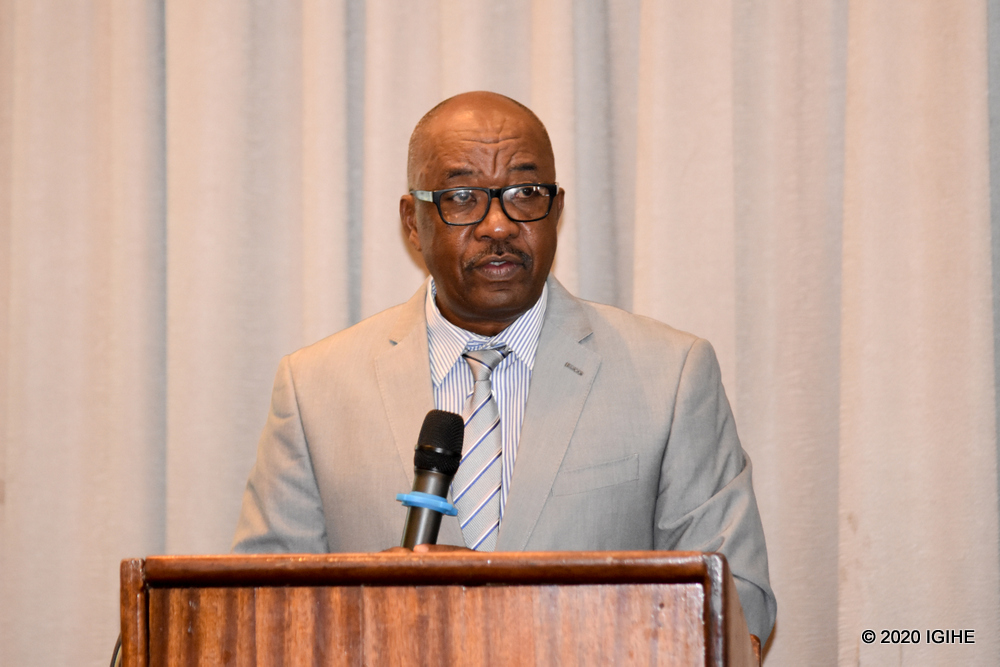About RAS
RAS History
The project of establishing the Rwanda Academy of Sciences (RAS) was initiated back in July 2013 under the auspices of the Ministry of Education with the support of both The World Academy of Sciences (TWAS) and the African Academy of Sciences (AAS). It was later advised that the Academy should be established as an independent entity registered under RGB and with initial support from GOR and sustained support from GoR, decreasing over time.
Following this advice Rwanda Academy of Sciences (RAS) has since been established on 28th October 2016 and registered by the Rwanda Governance Board under as new National Non-Governmental Organization. RAS has also recently been admitted (2018) as a Member of the Network of African Science Academies (NASAC).

Mission & Vision
• To promote sciences through:
• Contributing to the elaboration of standards for scientific research in Rwanda in the quest for excellence in Sciences
– Advocacy for financing research and education.
• To conduct systematic and evidence-based studies on national priority programs, producing authoritative reports that have significant impact on policy-making.
• To support the capacity building of national scientists and researchers to establish and maintain high standards of endeavor in all fields of arts and sciences.
• To establish channels of access to national, regional and international Intellectual Public Good (IPGs) to enhance and fast-track the development of a scientific knowledge base through partnership with local, regional and international networks of knowledge and scientific societies.
• To promote a culture of scientific excellence by establishing a regular award scheme for recognition of outstanding achievements in science.
• To advocate for proper, safe and ethical exploitation of science and technology in national development.
• To mobilize diversified sources of funding for sustainable functioning and growth of Science.

